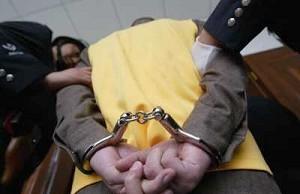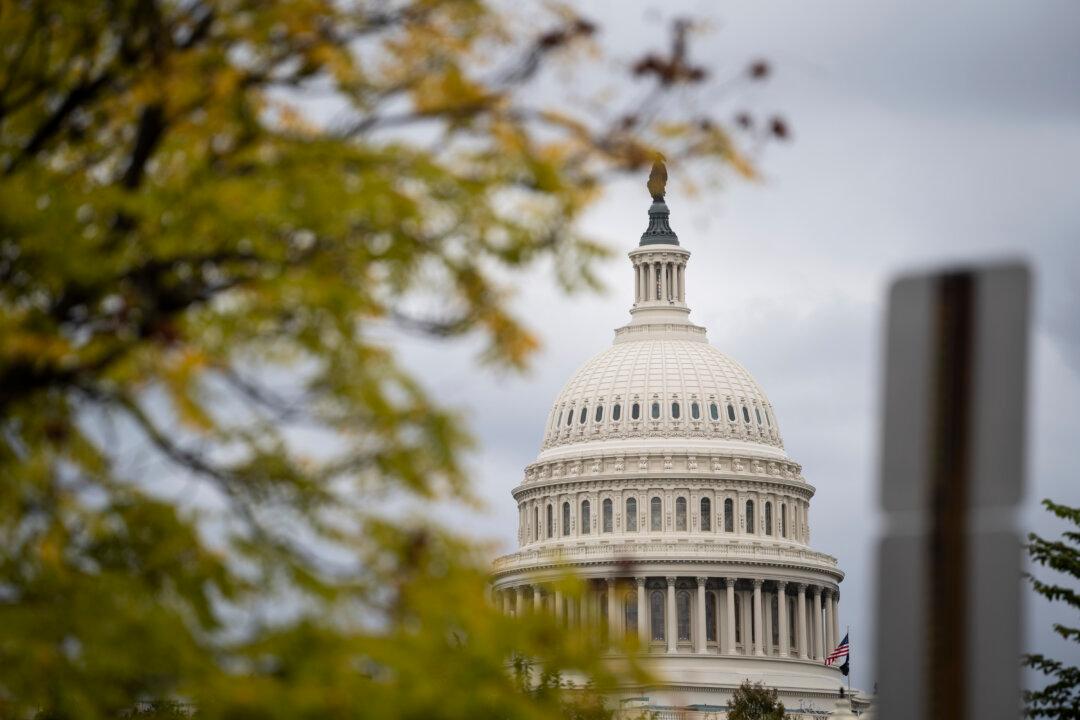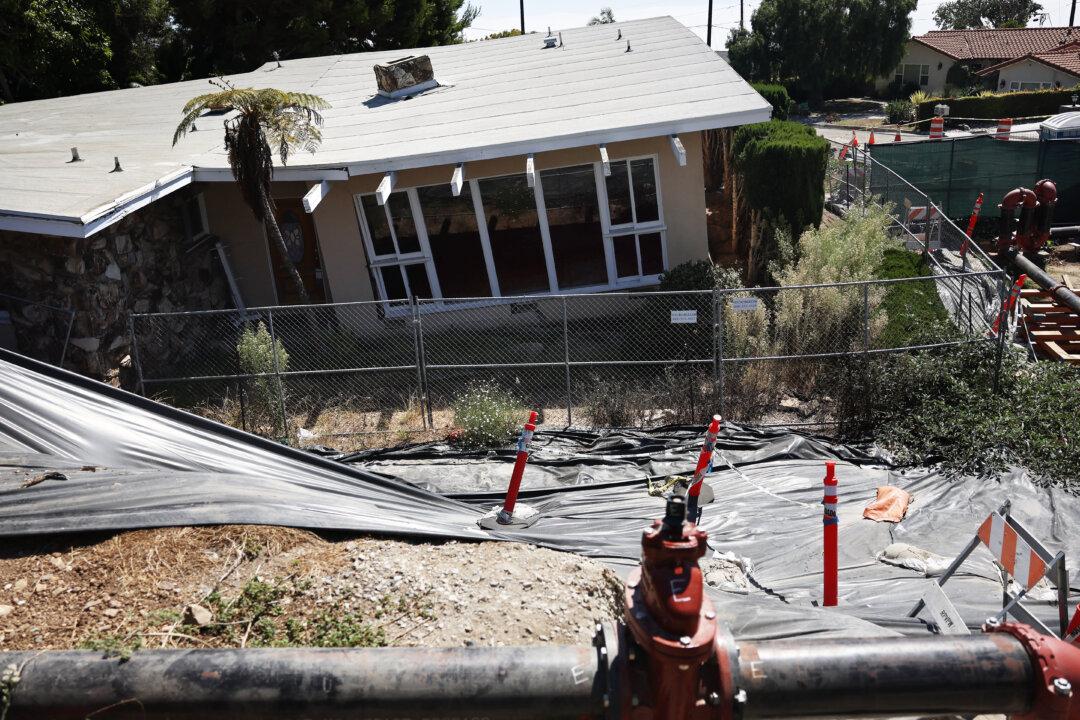Under the Chinese Communist Party’s (CCP) rule, the unfair social wealth distribution, poverty gap, and other negative social phenomena are growing more noticeable. More and more disillusioned and upset members of society are joining gangs and mafias as a last resort. These people include laid off workers, peasants, unemployed people, those with no power, those who live in poverty and also those who have not had their injustices addressed. For these people, joining gangs and mafias is their final gamble. China’s social problems provide a breeding ground that allows these organizations to grow in strength everyday. Outlook News Weekly , owned by the CCP, has already alerted the public that organized crime has reached a new pinnacle in China.
Disadvantaged Groups Make Up Mainstream of Gangs in China
Investigations by Outlook News Weekly indicate that disadvantaged groups that wish to rid themselves of their weak position through dark means exist at each stage of the development of gangs. Nearly half of the more than 20 suspects involved in the Yunliang Ling criminal syndicate in Hebei Province are unemployed, the rest are laid off workers and peasants. In the case of the WenBo Zhan gang that was uncovered in Jiling Province, two thirds of the 19 criminal suspects were the unemployed, peasants, and drivers. Data also shows that large portions of criminal organizations eradicated by the police are similarly composed of the unemployed, people who were arrested and released, and other disadvantaged social groups..
Sociologists point out that unbalanced economic developments and unbalanced wealth distributions have brought about urban-rural differences, unemployment, income distribution imbalance and other societal problems, which provide gangs and mafias with their social base.
Gangs’ Partners
Some policemen know that a group of corrupt officials will be exposed every time a gang is destroyed. Corruption and gangs are in cahoots. To attain criminal goals, gangs pressure and bribe police officers, who, in turn, control and hire gangs in order to pursue their own economic or political goals..
In a few cases involving gangs and mafias that have been uncovered in recent years, some police have been known to offer advice and suggestions to some criminals, even lending them firearms. In a major and key criminal case uncovered in Liaoning Province two years ago, among the 64 Party and government personals involved in illegal activities, 32 were police officers, including directors of the public security bureau, criminal policemen, patrol policemen, and civil policemen. The rest came from a great variety of party and government organs, such as the industry and commerce bureau, tax bureau, financial bureau, audit bureau, land and resources bureau, banks, neighborhood offices, and even law offices.
Officials Turn to Gangs for Help
In recent years, officials in mainland China have frequently committed crimes by hiring thugs and gangs to murder political opponents, individuals who expose their corruption, mistresses who pester them, and district-attorneys in charge of their cases.
To protect their power or to win promotions and gain wealth, some officials hire gang members at high prices to murder their political opponents by means of shooting, traffic accident, and other vicious means. Thus gangs and mafias can now make their dirty money from the masses while under the protection of officials. This allows these underground organizations to thrive, and results in a mixing of “mafia” and “police,” making it difficult to discern good from bad.
Some local government officials’ lacking in governing abilities create power vacuums that give gangs the opportunity to interfere with government affairs by “helping” the government “manage affairs.”
In some rural towns in northeastern China, local authorities allow gangs to break into peasants’ homes in order to enforce the “Program to Return Farmland to Forests,” or to collect electricity fees. In some places, gangs are even issued, and wear uniforms, thus allowing them to directly “enforce the law.”




